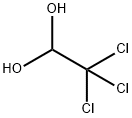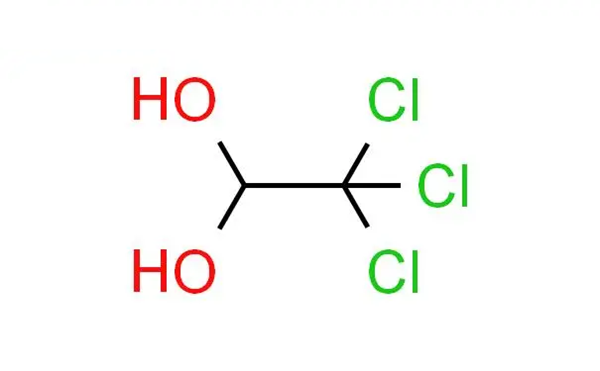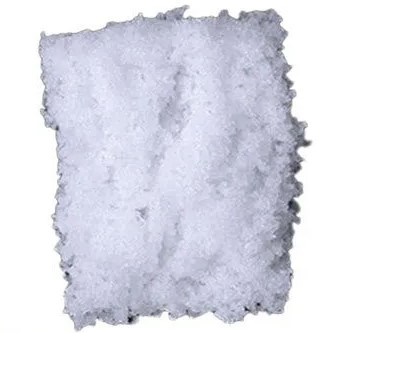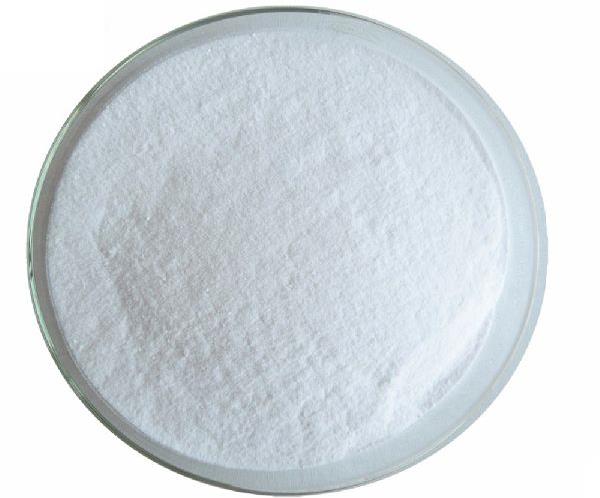Chloral Hydrate: Applications as Aedative Agent for Neurodiagnostic Procedures and its Dosage
General Description
Chloral hydrate is a sedative agent used for neurodiagnostic procedures in children, showing effectiveness compared to oral promethazine but higher sedation failure rates than intravenous pentobarbital, rectal sodium thiopental, and music therapy. Chloral hydrate achieves sedation quicker than oral dexmedetomidine and oral hydroxyzine hydrochloride but slower than intravenous pentobarbital and intranasal midazolam. While associated with adverse events like desaturation and vomiting, Chloral hydrate also has benefits such as lower diastolic blood pressure and bradycardia risks. Dosage varies by age, with caution on habit formation and withdrawal symptoms upon discontinuation. Further research is needed to assess its impact comprehensively in pediatric neurodiagnostic procedures.
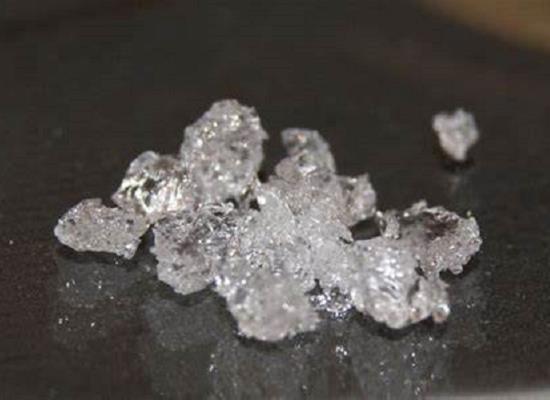
Figure 1. Chloral hydrate
Applications as a sedative agent
Paediatric neurodiagnostic investigations, including brain neuroimaging and electroencephalography (EEG), play an important role in the assessment of neurodevelopmental disorders. The use of an appropriate sedative agent is important to ensure the successful completion of the neurodiagnostic procedures, particularly in children, who are usually unable to remain still throughout the procedure.
The certainty of evidence for the comparisons of oral chloral hydrate against several other methods of sedation was variable. Oral chloral hydrate appears to have a lower sedation failure rate when compared with oral promethazine. Sedation failure was similar between groups for other comparisons such as oral dexmedetomidine, oral hydroxyzine hydrochloride, and oral midazolam. Oral chloral hydrate had a higher sedation failure rate when compared with intravenous pentobarbital, rectal sodium thiopental, and music therapy. Chloral hydrate appeared to be associated with higher rates of adverse events than intranasal dexmedetomidine. However, the evidence for the outcomes for oral chloral hydrate versus intravenous pentobarbital, rectal sodium thiopental, intranasal dexmedetomidine, and music therapy was mostly of low certainty, therefore the findings should be interpreted with caution.
Further research should determine the effects of oral chloral hydrate on major clinical outcomes such as successful completion of procedures, requirements for an additional sedative agent, and degree of sedation measured using validated scales, which were rarely assessed in the studies included in this review. The safety profile of chloral hydrate should be studied further, especially for major adverse effects such as oxygen desaturation.1
Dosage
Chloral hydrate is a medication used to treat insomnia, induce sedation, and manage alcohol or drug withdrawal symptoms. The dosage varies depending on the condition being treated and the age of the patient. For adults with insomnia, the usual dosage is 500 mg to 1 g taken 15 to 30 minutes before bedtime. For sedation, adults can take 250 mg three times daily after meals, or 500 mg to 1 g 30 minutes before surgery. In pediatric patients, the dosage is determined by weight. For insomnia, children can take 50 mg/kg at bedtime, with a maximum dose of 1 g per dose and 1 g per day for infants, and 2 g per day for children. For sedation, the dosage ranges from 25 to 75 mg/kg per day divided every 6 to 8 hours, with a maximum dose of 500 mg per dose and 120 mg/kg or 1 g total for infants, and 2 g total for children. It's important to follow the doctor's instructions carefully and not to exceed the recommended dosage. Chloral hydrate can be habit-forming, so it should not be shared with others, especially those with a history of drug abuse. Additionally, abrupt discontinuation of chloral hydrate after long-term use can lead to withdrawal symptoms, so it's essential to consult a doctor on how to stop using it safely. 2
Reference
1. Fong CY, Lim WK, Li L, Lai NM. Chloral hydrate as a sedating agent for neurodiagnostic procedures in children. Cochrane Database Syst Rev. 2021; 8(8): CD011786.
2. Chloral hydrat. Drugs. 2014.
You may like
Related articles And Qustion
Lastest Price from Chloral hydrate manufacturers

US $10.00/ASSAYS2025-08-17
- CAS:
- 302-17-0
- Min. Order:
- 1ASSAYS
- Purity:
- 99%
- Supply Ability:
- 1 ton
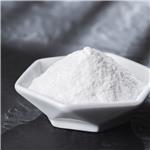
US $6.00/kg2025-04-21
- CAS:
- 302-17-0
- Min. Order:
- 1kg
- Purity:
- 0.99
- Supply Ability:
- 10000
